
Types of visa for trip to Japan
Whether you’re planning to explore Japan’s rich culture, attend business meetings, study, or even work, understanding the types of visas available is essential for a smooth experience. Japan offers a variety of visa options tailored to different travel purposes and lengths of stay, each with specific eligibility criteria. Here is a comprehensive guide to the main types of visas available for those traveling to Japan, along with details on requirements and application procedures.
Contents
1. Tourist Visa
The Tourist Visa is designed for short-term visits, allowing travelers to enjoy sightseeing, recreation, and visiting friends or family. This visa is available for citizens of many countries, although certain nationalities are exempt from requiring a visa for stays of up to 90 days.
- Eligibility: Individuals visiting Japan for tourism, cultural exchanges, or visiting friends and family.
- Duration: Typically valid for 15, 30, or 90 days, depending on nationality.
- Application Requirements: Passport, completed application form, passport-sized photo, round-trip flight details, and proof of accommodation. Some applicants may also need financial proof or an invitation letter.
Note: Nationals from visa-exempt countries (including the USA, Canada, Australia, EU countries, and many others) can enter Japan for up to 90 days without a tourist visa.
2. Transit Visa
For travelers passing through Japan en route to another destination, the Transit Visa allows short stays for sightseeing and rest. This visa is ideal for those with layovers who wish to explore Japan briefly.
- Eligibility: Travelers transiting through Japan who wish to leave the airport temporarily.
- Duration: Valid for up to 15 days.
- Application Requirements: Passport, completed application form, photo, proof of onward travel, and a brief itinerary.
This visa is required for some nationalities, even for short layovers. Be sure to check with your nearest Japanese consulate or embassy for specific transit visa rules.
3. Business Visa
The Business Visa is designed for short-term stays for business purposes, such as meetings, conferences, negotiations, or other professional activities.
- Eligibility: Individuals visiting Japan for business purposes, such as attending meetings, signing contracts, or conducting market research.
- Duration: Typically 15, 30, or 90 days, with the option for multiple entries in some cases.
- Application Requirements: Passport, application form, photo, itinerary, invitation letter from the Japanese company, and a letter from the applicant’s company explaining the visit's purpose.
Frequent business travelers may qualify for multiple-entry business visas, allowing them to enter Japan multiple times within a specific period (usually one to five years).
4. Student Visa
For individuals looking to study in Japan, the Student Visa allows foreign students to enroll in Japanese language schools, universities, or vocational institutions. This visa requires a certificate of eligibility (COE) issued by the school.
- Eligibility: Students accepted into an accredited institution in Japan for courses exceeding 90 days.
- Duration: Typically valid for 6 months to 2 years, depending on the program.
- Application Requirements: Passport, application form, COE from the educational institution, recent photo, and financial documents showing the ability to cover tuition and living expenses.
Note: Students can apply for part-time work permits, allowing up to 28 hours of work per week.
5. Working Holiday Visa
The Working Holiday Visa is available for young travelers (usually 18-30) from countries with specific agreements with Japan. This visa allows travelers to work part-time while exploring Japan.
- Eligibility: Young people (usually 18-30 years) from countries with bilateral agreements, including Australia, Canada, the UK, Germany, and others.
- Duration: Valid for up to 1 year (some restrictions apply based on nationality).
- Application Requirements: Passport, application form, recent photo, travel itinerary, financial proof, and an outline of the applicant’s intention to work and travel in Japan.
This visa allows holders to work in Japan to support their travels but is generally not intended for long-term or career-focused employment.
6. Work Visa
For foreigners who have secured employment with a Japanese company, the Work Visa enables them to live and work in Japan. This visa has various subcategories based on job type, including visas for skilled workers, engineers, instructors, and artists.
- Eligibility: Individuals with a job offer from a Japanese employer in a specified field.
- Duration: Typically 1-5 years, renewable.
- Application Requirements: Passport, application form, COE provided by the employer, educational certificates, and professional qualifications as required by the job type.
Note: Work Visa categories include engineering, humanities, international services, and more, each with specific requirements and eligible professions.
7. Spouse or Dependent Visa
The Spouse or Dependent Visa allows family members of Japanese citizens or foreign residents with a long-term visa to live in Japan. Spouses of Japanese nationals and foreign residents holding work or student visas can apply for this visa.
- Eligibility: Spouses, children, or dependents of Japanese citizens, permanent residents, or long-term foreign residents.
- Duration: Typically 1-5 years, depending on the sponsor’s visa type.
- Application Requirements: Passport, application form, proof of relationship (marriage or birth certificate), COE if applicable, and financial documents to demonstrate the ability to support dependents.
This visa may allow dependents to apply for a work permit, though restrictions on work hours and job types may apply.
8. Long-Term Resident Visa
The Long-Term Resident Visa is intended for individuals who plan to live in Japan for extended periods but do not fit into other visa categories. This visa includes relatives of Japanese citizens, retirees, and individuals who meet specific cultural or humanitarian requirements.
- Eligibility: Typically granted on a case-by-case basis, often to individuals with a unique cultural or humanitarian reason for residing in Japan.
- Duration: Usually valid for 1-5 years and renewable.
- Application Requirements: Passport, application form, COE if applicable, financial proof, and supporting documentation depending on the specific reason for residence.
Long-term residency may also lead to permanent residency eligibility after a set period of time.
9. Applying for a Japanese Visa
Here’s a general guide to the visa application process:
- Step 1: Identify the visa type that best suits your purpose for visiting Japan. Check if you need a visa, as some countries have visa-exempt agreements with Japan.
- Step 2: Obtain the necessary documents, including your passport, completed application form, photos, COE (for some visas), and any supporting documents specific to the visa category.
- Step 3: Submit your application at the nearest Japanese embassy or consulate. You may need to schedule an appointment.
- Step 4: Wait for visa processing, which can range from a few days to a few weeks, depending on the visa type and your nationality.
- Step 5: Collect your visa and ensure you have all necessary travel documents before departure.
Note: For more complex visas, such as work or student visas, the Japanese employer or educational institution typically assists in securing the COE, a required document for visa application in these categories.
Whether you’re visiting Japan for a short vacation or planning to live there long-term, understanding Japan’s visa requirements will help you prepare effectively and ensure a smooth application process. Each visa type is designed to facilitate your experience, making Japan accessible for travelers, students, workers, and families.
Share
You may also like
-

Visiting Japan’s Love Hotel Districts: What to Expect
Japan’s love hotel districts are famous for their unique and fascinating blend of privacy, creativity, and a touch of...
-

Top 10 Late-Night Dining Spots in Tokyo’s 24-Hour Cafes
Tokyo’s vibrant nightlife extends well beyond bars and nightclubs, with a thriving late-night dining culture tha...
-
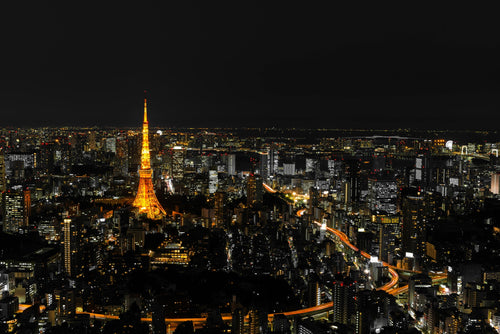
Best Night Tours in Tokyo for After-Dark Adventures
Tokyo’s nightlife is renowned for its energy, vibrancy, and unique blend of traditional and modern experiences. From ...
-
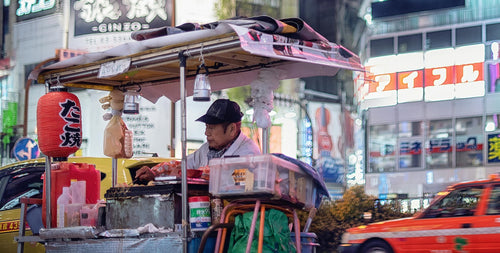
Japan’s Late-Night Food Culture: 8 Best Street Eats
Japan’s late-night food culture is a vibrant experience, especially in bustling cities like Tokyo and Osaka, where de...
-
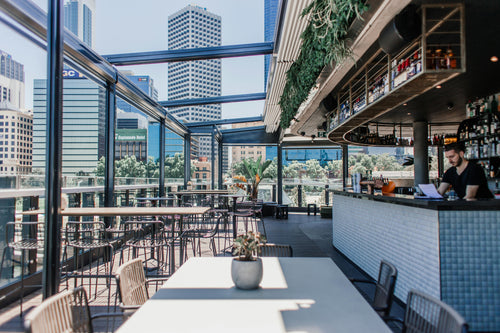
7 Rooftop Bars in Tokyo for Stunning Views
Tokyo’s rooftop bars offer some of the best ways to soak in the city’s skyline while enjoying drinks, atmosphere, and...
-

10 Best Nightclubs in Tokyo for Dancing and Music Lovers
Tokyo's nightlife is renowned for its variety and energy, with nightclubs that range from high-energy dance floors to...
-
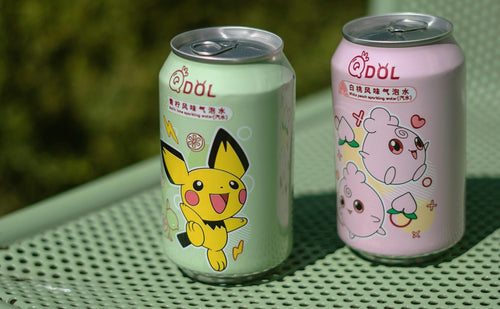
8 Themed Bars and Cafes You Need to Visit in Tokyo
Tokyo is famous for its creative and quirky themed bars and cafes, offering immersive experiences for locals and...
-

Tokyo Nightlife Guide: Shinjuku, Shibuya, and Roppongi Highlights
Tokyo’s nightlife is legendary, offering a mix of vibrant energy, entertainment, and unique experiences in some of it...
-
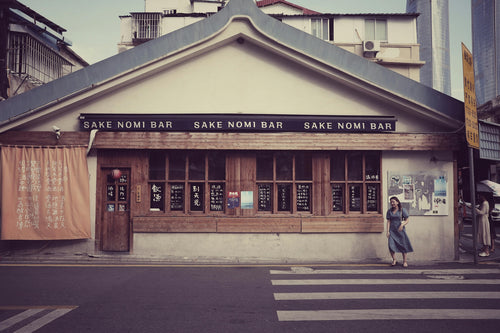
7 Best Japanese Sake Bars in Tokyo
Tokyo is home to some of Japan’s best sake bars, offering both locals and visitors an opportunity to explore the...
-
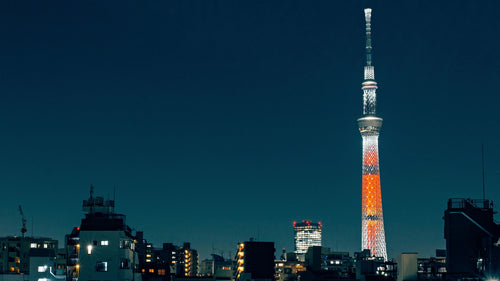
Top 6 Observation Decks in Tokyo for Scenic Views
Tokyo’s observation decks offer some of the best panoramic views of the city, giving visitors a chance to see th...
-
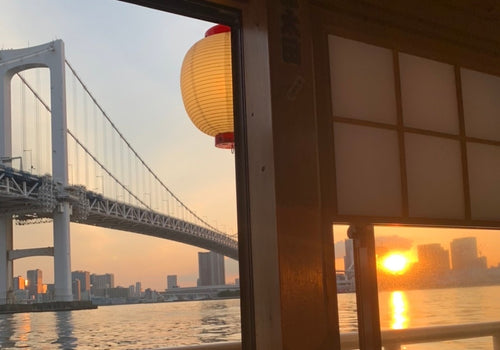
Night Cruises in Tokyo: Enjoy the City Views
Tokyo’s skyline is mesmerizing at any time, but experiencing it from the water on a night cruise adds a magical ...
-
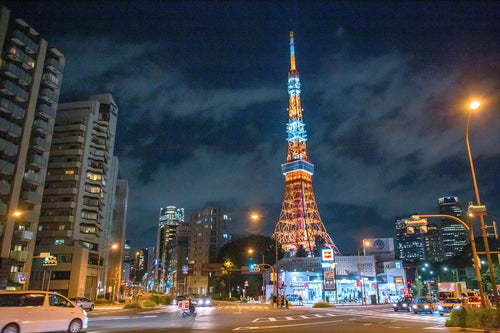
Roppongi Art and Nightlife Guide
Roppongi is one of Tokyo’s most vibrant districts, known for its lively nightlife, sophisticated art scene, and ...
-
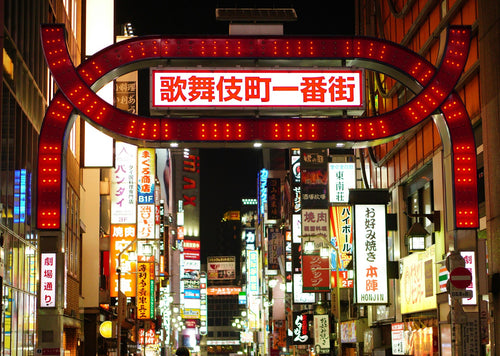
Nightlife Guide to Shinjuku Kabukicho
Shinjuku’s Kabukicho district, known as Tokyo’s “Sleepless Town,” is the center of nightlife in Tokyo. Renowned ...
-
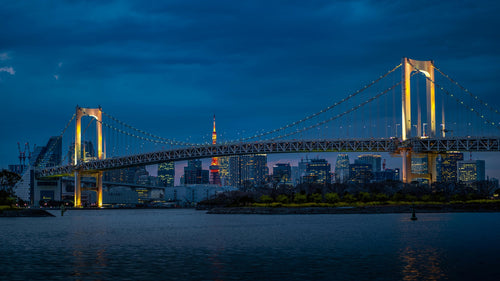
6 Best Night View Spots in Tokyo
Tokyo at night is a breathtaking spectacle, with illuminated skyscrapers, iconic landmarks, and bustling streets that...
-
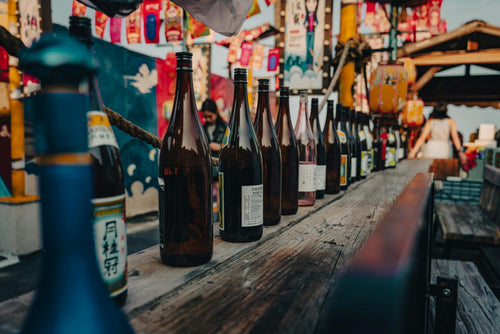
Top 12 Sake Breweries in Japan for Tasting and Tours
Japan’s sake culture is celebrated around the world for its depth, complexity, and rich history. Sake, or nihons...
-
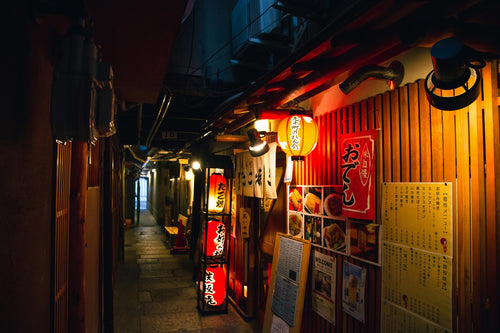
How to Enjoy a Night at a Japanese Izakaya
Japanese izakayas are casual, lively spots where locals gather after work to enjoy drinks, share small plates, a...
-

Exploring Karaoke Culture in Japan: 8 Best Places to Sing
Karaoke is an integral part of Japanese culture, offering a fun and entertaining way for friends, family, and even co...
-
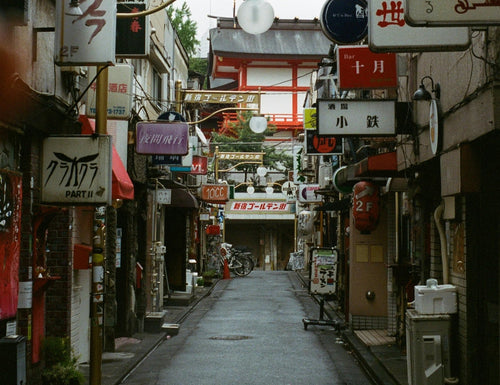
5 recommended bars in Golden Gai
Golden Gai, nestled in the heart of Tokyo’s Shinjuku district, is one of the city’s most iconic bar districts. Known ...
-
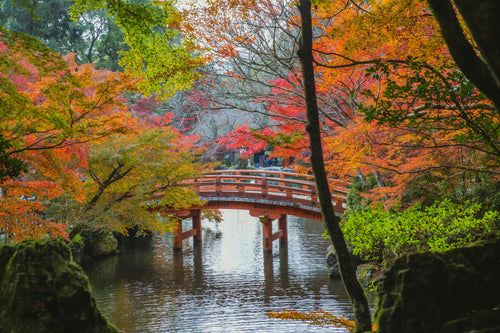
10 Japanese Gardens You Should Visit for Tranquility
Japanese gardens are renowned for their beauty, tranquility, and intricate designs that reflect harmony with nature. ...
-
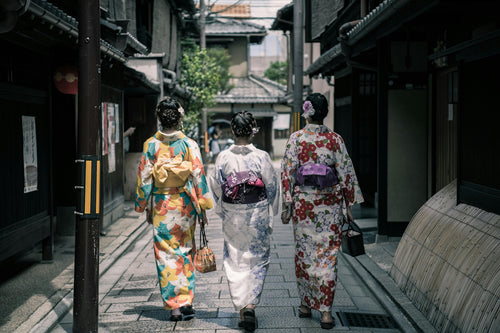
Japan’s Kimono Heritage: Symbolism, Style, and Where to See
The kimono, Japan’s traditional garment, is a beautiful and symbolic representation of Japanese culture. From its int...
-
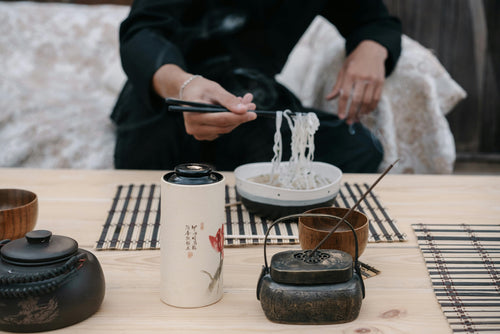
Etiquette Essentials for Visitors to Japan
Japan’s culture is rich in respect, politeness, and consideration, making etiquette an essential part of daily l...
-

7 Best Places to Discover Japan’s Samurai History
Japan’s samurai history is one of honor, skill, and deep cultural influence, stretching back centuries and leaving an...
-
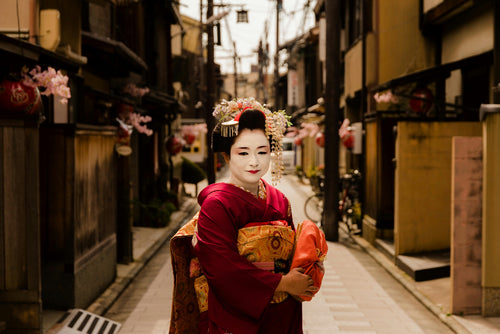
Geisha Culture in Japan: Myths and Realities
The world of geisha, Japan’s skilled performers and keepers of traditional arts, has long intrigued people around th...
-
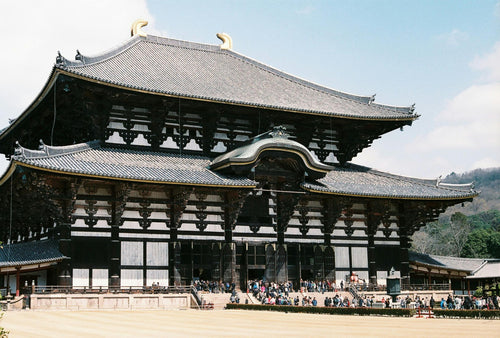
Japan’s Unique Architecture: Top 8 Traditional and Modern Landmarks
Japan is renowned for its unique blend of ancient architectural heritage and cutting-edge modern designs. From c...
-
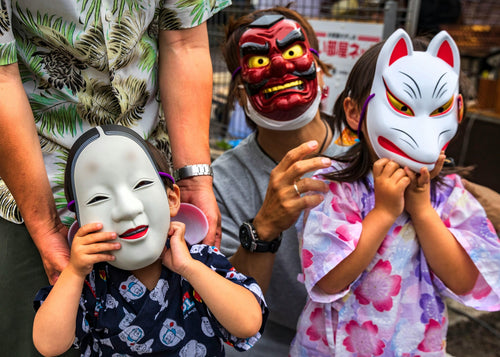
10 Traditional Japanese Festivals (Matsuri) You Can’t Miss
Japanese festivals, or *matsuri*, are vibrant celebrations of cultural heritage, featuring elaborate costumes, l...
-
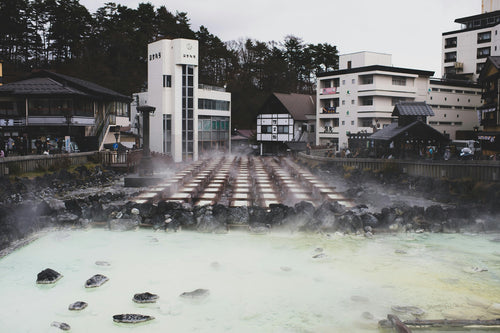
Japan’s Three Great Onsen: A Guide to Famous Hot Springs
Japan is famous for its natural hot springs, or *onsen* (温泉), offering visitors a unique opportunity to relax and rej...
-
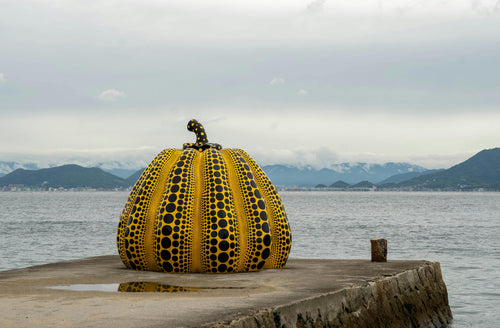
Japanese Art Exploration: Best Spots to Enjoy Art in Japan
Japan is a country rich in artistic heritage, from centuries-old traditional crafts to modern, innovative instal...
-

Guide to Japan’s Fireworks Festivals: When and Where to Go
Japan’s summer fireworks festivals, known as "hanabi taikai" (花火大会), are among the most anticipated events in th...
-
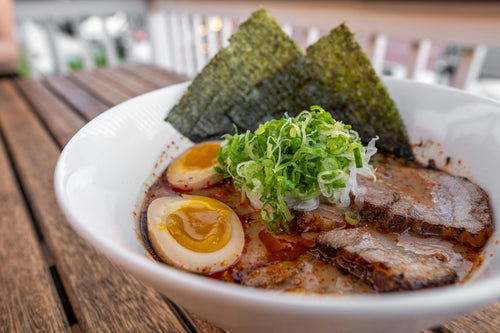
Where to Experience Ramen-Making Classes in Japan
Ramen is one of Japan’s most beloved dishes, with countless regional styles and flavors that attract food lovers from...
-
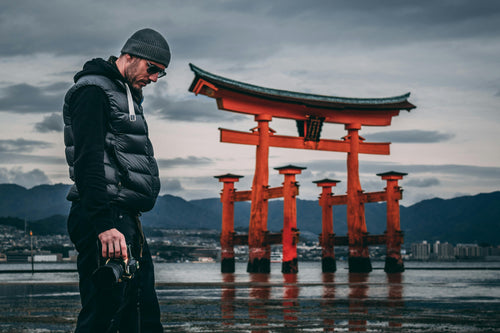
Power Spot Tours: Japan’s Famous Temples and Shrines
Japan is a land steeped in spiritual history, and visiting its temples and shrines provides not only a glimpse i...
-
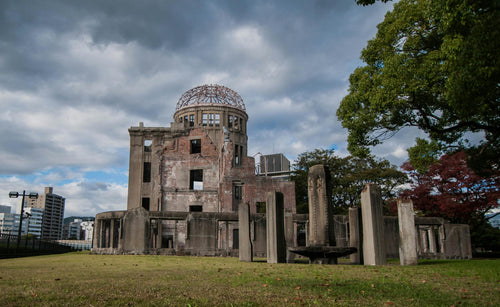
UNESCO World Heritage Site Tour Guide in Japan
Japan is home to numerous UNESCO World Heritage Sites, each offering a glimpse into the country’s rich cultural herit...
-
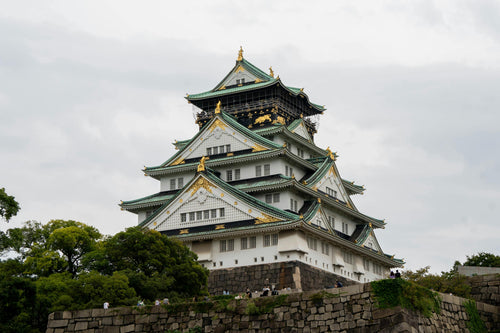
5 Famous Japanese Castles: History and Highlights
Japan is home to some of the most beautiful and historically significant castles in the world. Built during the feuda...
-
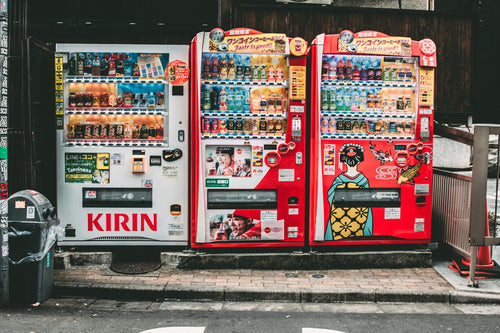
10 Unique Drinks to Try from Japanese Vending Machines
Japan is famous for its vending machines, offering an incredible variety of drinks that go beyond just soft drinks an...
-
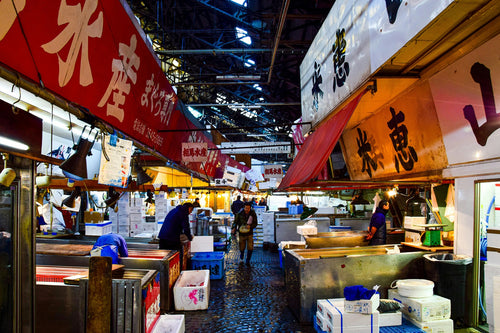
Tokyo Market Guide: Exploring Tsukiji and Toyosu Markets
Tokyo's Tsukiji and Toyosu Markets are must-visit spots for food lovers and anyone interested in Japan’s rich culinar...
-
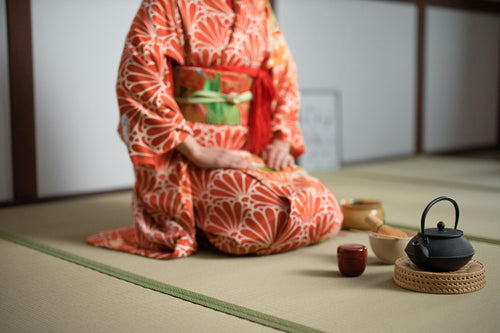
Experiencing Traditional Tea Ceremony in Tokyo
The Japanese tea ceremony, or "chanoyu," is a cultural experience steeped in tradition, aesthetics, and mindfulness....
-
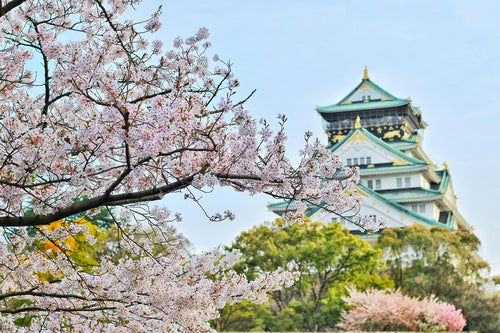
Top 7 Cherry Blossom Viewing Locations in Tokyo
Springtime in Tokyo is synonymous with the cherry blossom season, a breathtaking period when the city’s parks, rivers...
-
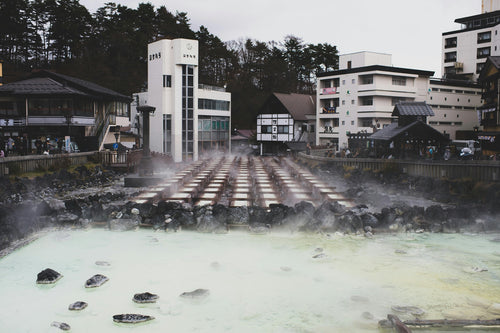
What is Onsen? A Guide to History, Benefits, and Etiquette
Onsen, Japan’s cherished hot spring culture, offers a unique blend of relaxation, scenic beauty, and deep-rooted trad...
-
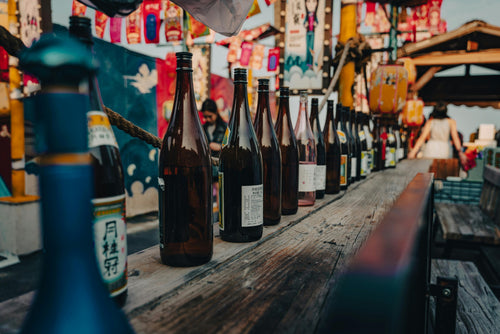
What is Sake? Its Production Method and History
Sake is a traditional Japanese alcoholic beverage made from fermented rice. It has been enjoyed in Japan for over a t...
-
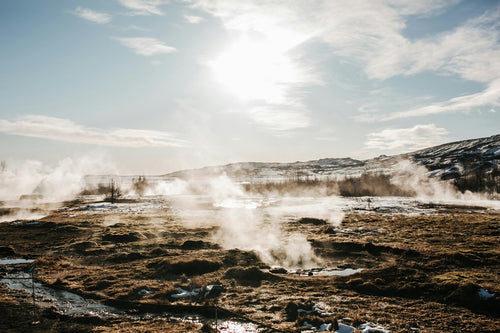
8 hot springs with beautiful scenery near Tokyo
Tokyo is a bustling metropolis, but just outside the city are some of Japan's most serene hot springs, or onsens, off...
-

Top 10 museum to visit in Tokyo
Tokyo is home to a diverse range of museums that cater to all interests, from art and history to technology and pop c...
-
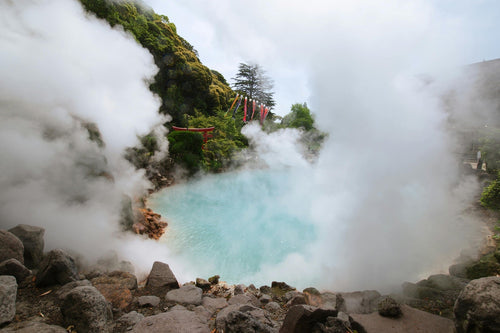
9 Best Hot Spring and Bathhouse in Tokyo
Tokyo is known for its vibrant urban energy, but it's also a fantastic place to relax and rejuvenate in hot springs (...
-
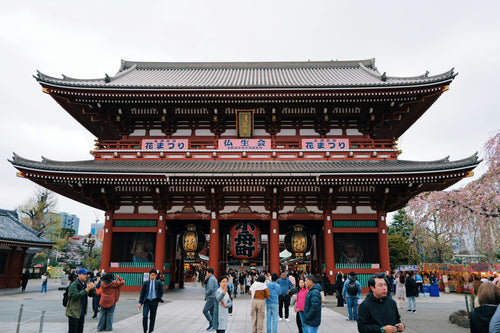
15 Famous Temples and Shrines to Visit near Tokyo
Tokyo and its surrounding areas are home to many famous temples and shrines that showcase Japan's rich spiritual and ...










































